In jolly ol’ London Town where I’ve been residing off and on for the past year Spring is just beginning to get into its groove despite it being nearly summertime, foxes are pooping in forgotten pint glasses outside the pub, and an old rich white man was draped in gold and stolen precious gems in a grotesque ritual – paid for by the taxpayer – to seal his “destiny” to remain an old rich white man. Amidst this backdrop I decided to rewatch Hook, the 1991, Steven Spielberg-directed epic adventure sequel to J.M. Barrie’s guide on how to cope with life and avoid death in unhealthy ways, “Peter Pan.” As a kid I loved the idea of a continuation of well-known fairytales and with enough of a nod to the 1953 animated Disney film to not feel confusing to my tiny brain, it seemed a plausible imagining of what could have happened in the years following the Darling children touching back down to earth from Neverland. The rewatch was an altogether pleasant one. I welled up at the sight of Williams, felt appropriately critical of the boring and outdated tropes and roles written for the girls/women/fairy, and bubbled with pure unadulterated joy with every Where’s Waldo cameo of an actor or musician I would not have recognized at first watch at 5-7 years old. What took me by surprise however, was neither my feelings about the film nor any bright bulb of insight after viewing it again after so long, but in what I found as I was doing more research on it for this post.
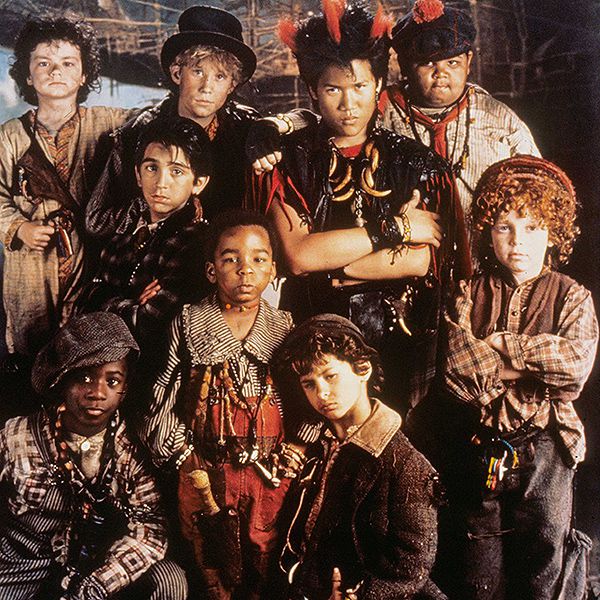
One quick Google search and I was inundated with titles of articles proclaiming Hook to be a complete disaster while the more positive reviews are framed not as standalone’s but defenses against the onslaught of negative critique. The film has a spit take-worthy 29% rating on Rotten Tomatoes, but when speaking to folks IRL there is nothing but fondness for it. So, what gives? Based on the implications in some of these reviews one would think an atrocity of filmmaking had occurred. Some critics felt bored by the timing with others just not caring for the plot itself. Film critic icon Roger Ebert’s original review’s only specific feedback was a wish that Neverland felt more magical instead of like he was watching people on a movie set. Fair enough. This all got me wondering about mediocrity: who gets to determine what is mediocre, why, and whether it’s as bad a thing as the messaging we get proclaims (I, personally, nominate Brett White based on this fantastically queer review from 2020). In the oeuvre of Steven Spielberg, Hook falls smack in the middle of the transition from the Indiana Jones blockbusters and into a more grand and serious era of Jurassic Park and Schindler’s List. Hook doesn’t have the same masterful sheen of these other films compared to so many others in what had already been a storied directorial career. What it does have is some good fun and the most interesting of the “Peter Pan” imaginings in the last 30 years.
Hook has us checking in on Peter Pan’s (Robin Williams) life post-Neverland as a Grownup™. In this magical realism-imbued world, Pan is now Peter Banning a tightly wound lawyer with a wife, two children, and thicc cell phone with a guy named Brad who lives on the other line. Banning has fully succumbed to corporate American life at the steep price of losing memories of his previous one and in so doing, losing touch with himself and his ability to connect with others. Banning develops a palpable fear of flying and seems almost allergic to play based on the instant inflammation he develops around it. Banning’s journey back to his story and authenticity begins when Captain JAS Hook (Dustin Hoffman) sensing his return to London, kidnaps Banning’s children Jack (Charlie Korsmo) and Maggie (Amber Scott) as the adults are out at an event celebrating Granny Wendy (Maggie Smith) and her devotion to finding families for the orphans she took in throughout her life. As many middle-aged coming-of-age stories go, Banning is put through his paces in silly and heartfelt ways. He eventually saves his children with a new lease on life remembering what makes it worth living is presence and joy. Tale as old as time (different Disney fairytale adaptation, but you get it).
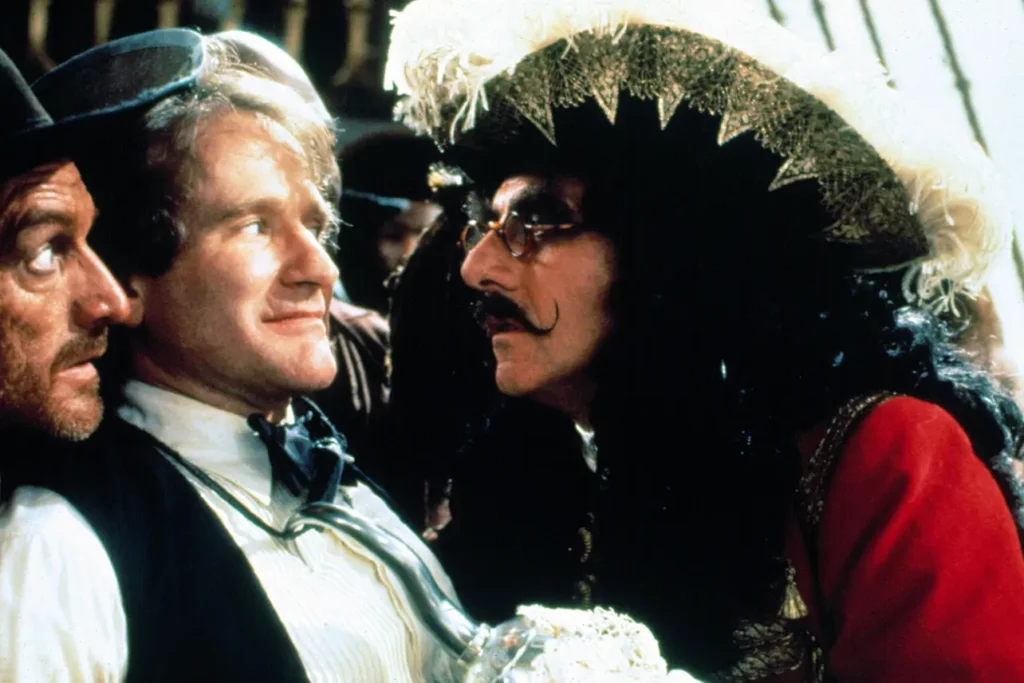
There’s a reason why these stories are timeless. In each stage of a person’s life that message can continue to resonate presumably with more depth and complexity as time goes on. For a kid watching this film it could be a message validating that stage in their lives where playing and engaging in their imaginations are vital for their developing brains and immerse themselves in the wish fulfillment of getting to exact revenge on adults who attempt to take the fun away from them. I still find it hugely satisfying seeing a bunch of kids get the better of adults in the silly ways: tomato torpedoes, egg guns with actual chickens laying ammo, and being as loud and goofy as they want. As for the adults, it can serve as a contemplation – as light or as deep as one wants to go with it – on the ways in which we either forget our own mortality or are far too aware. It seems apt that a story of Peter Pan’s growth is titled after Captain Hook rather than something like “Peter Pan and How to Find Joy Surviving Late-Stage Capitalism While Also Not Being a Terrible Parent.” Though Hook has been an adult much longer than Banning has, they’re now on a more equal playing field as Peter can look his sworn enemy in the face with more life behind him than ahead. As the former’s preoccupation with avoiding the ticking clock makes Hook’s grand-looking life actually quite small and superficial, Pan remembers a different kind of future is possible. Death may be a grand adventure or a completely debilitating thought, but what if we chose to pour that energy into making something of this one life?
Spinning this tale of life, death, and magic is a stellar cast. The wild talent of Robin Williams with that familiar warm and mischievous glint in his eyes was the right choice to crack Peter Banning open and allow his inner child to burst forth from his corporate cage. Dustin Hoffman is magnetic and truly unrecognizable as the titular character. I was shocked at how captivatingly he held my attention now just as he had when I first watched that gilded hooked hand conduct cheers of loyal scallywags nearly three decades ago. He finds the exact blend of camp, narcissistic ineptitude, and levity to Hook that makes him both a commanding presence and joy to behold and eventually, see fall. The partnership between him and Mr. Smee (Bob Hoskins) was surprisingly tender as Hoskins played his character less as a bumbling underling but a caring companion or parental figure who knows Hook better than the captain knows himself. As mentioned before, the women’s roles leave much to be desired. They are are limited to 1. The mother (Moira Banning played by Caroline Goodall), nagging yet effortlessly beautiful so it’s easy to forgive the nagging 2. The matriarch who dedicates her life to caretaking others 3. The good girl and 4. The literal manic pixie who devotes her life to people who reject her and/or cannot love her the way she needs to be loved. The one-dimensionality of the characters and their storylines are unsurprising when considering the context of the period in which it was set, made, and the works it is based on but disappointing nonetheless.
Maggie Smith serving granny in that iconic way that only she knows how at the ripe old age of FIFTY EFFING SEVEN (I just can’t even with Hollywood, y’all). Though missing the acerbic wit her later notorious matriarchal roles she still commands a room. Julia Roberts’s presence and megawatt smile, as well, rarely fail to light up the screen. But their talent feels stunted and underutilized in these roles having to play out some majorly cringe storylines. Granny Wendy just looking on as Peter Pan kisses her sleeping daughter elicit feelings of big ick and every awkward moment of Tinkerbell expressing her love and proclamations of always being there for Peter despite being blatantly rejected in horrifying ways makes me want to wrap an arm around her with an, “Oh honey…” and lead her in a direction far far away from that situation. The kids, Banning’s and the Lost Boys, are loads of fun. Full of sweetness, sass, although a tad too much anti-fatness trash talk. And of course, the world was introduced to Dante Basco and his multi-mohawked warrior skater boi, Rufio. Rufio held so much more real estate in my memory than he actually gets in the film, which is testament to a powerful performance by Basco. Though, I do wish his role was more fleshed out and as prominent as I remember it being. The last thing I’ll point out that I am able to appreciate much more as an adult viewer was catching all the cameos. Phil Collins! David Crosby (RIP)! GLENN CLOSE IN DRAG!? David Crosby getting kicked in the balls?? Pre-Goop Gwyneth Paltrow (not technically a cameo, but I still forgot she was in this movie)! High scores for overall fun and nostalgic value.
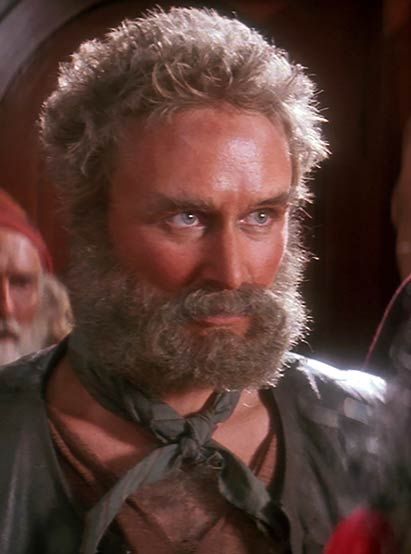
I don’t believe that every creative work people produce needs to be a work of high art, whatever that even means. Nor do I know whether it’s even possible to accurately compare one work to another with any kind of objectivity. An enormous part of the creative process and of developing skills is sometimes making work that’s not going to wow you or others. It’s going to play with oft-repeated themes and reuse boring and outdated tropes until another way becomes more clear. It’s a normal and necessary part of the process. So, when thinking about how poorly this film was critically received it reminds me of how warped our concept of what the product and purpose of creativity is meant to be. Currently, many of us are socialized to see it through a lens of profit or perfectionism, but the beauty of creation is in the messiness of the process. Sometimes the completion of one work is to develop more skills, to transition us from one phase to the next, sometimes the real charm and impact doesn’t hit til decades later, if ever. Just because what we make may not be what others want from us each time, it doesn’t mean that it’s not worth doing or putting out there anyway. The real magic is in the making.

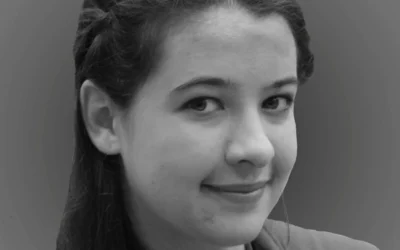

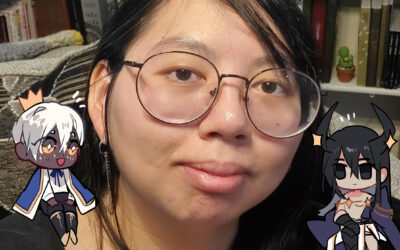
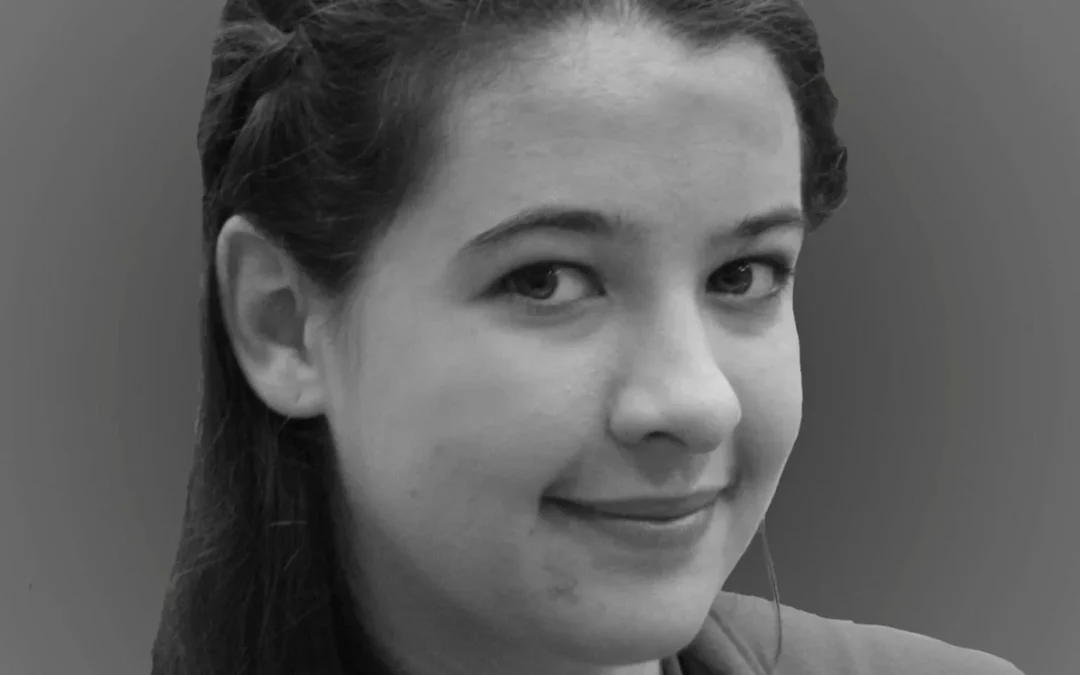
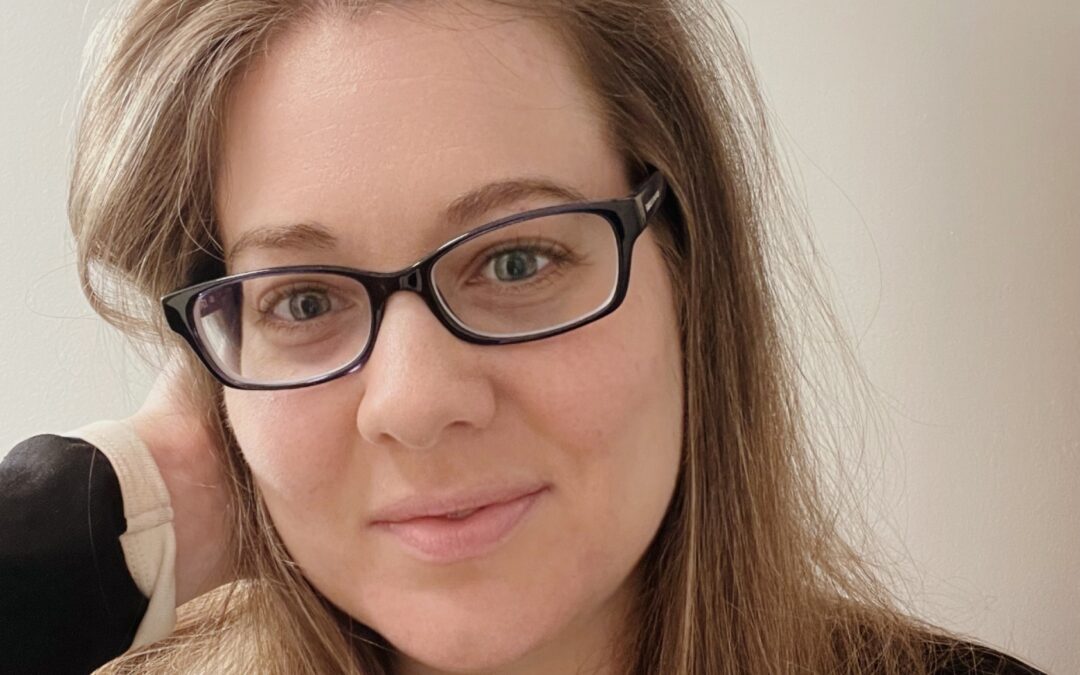
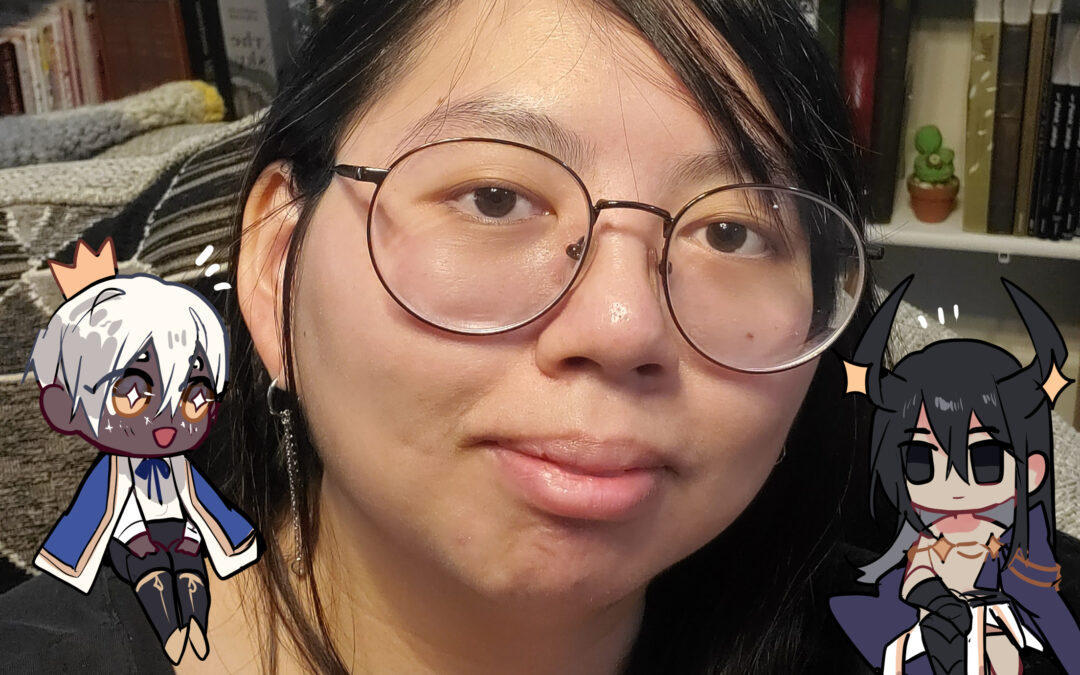
0 Comments